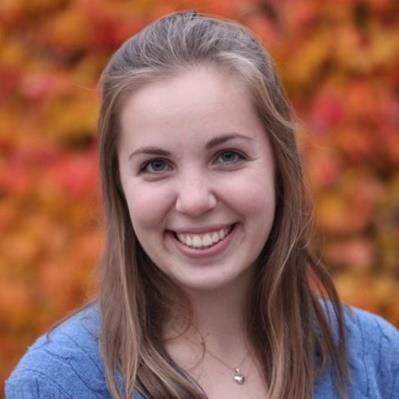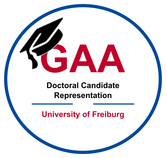2021_07_University Elections 2021-2022
Senate Elections 2021/2022 – Call for participation
This year university elections will take place from 07.07.2021 10 o'clock to 13.07.2021, 10 o'clock. During this period, all eligible voters of the status group of doctoral students can cast their votes online using their university account.
This election period will only be the third time that doctoral students are represented in university committees. The first two years clearly demonstrated how important this representation is and how helpful it is that the doctoral students are involved in the discussions and decisions at the highest level of the university committees.
The consequences of the pandemic for research and, especially hybrid, teaching, as well as attempts to go back to teaching in person will be major challenges for the next year. Furthermore, the changes in the Rectorate of the University will shape the discussion on the university level in the upcoming year. These topics highlight the importance to get a strong mandate with the help of a high participation of doctoral students in the elections.
The election will take place online again, thus offering the best conditions for a high participation. Further information will be posted on the election platform (only German).
Presentation of the Candidates for the Senate
In the following, the candidates introduce themselves in the order of their positions on the list. This list is also a ordered recommendation based on parity and the transfer of knowledge from previous Senate Candidates to the new group.
|
|
1: Friederike Lammert Institute of Business Law, Work and Social Law Friederike Lammert studied Law in Freiburg and was already a member of the doctoral representatives in the Senate as well as the faculty council of the faculty of Law. She has been doing her doctorate at the Faculty of Law in the field of patent law and has been working as a research assistant at the chair for civil law and intellectual property since autumn 2020. After representing doctoral candidates for the last year, she wants to continue her work to increase the visibility of her peers - especially in times of the pandemic. She is eager to improve the working conditions of doctoral students in all faculties. |
 |
2: Sebastian Will Institute of Public Finance and Social Policy Sebastian Will hopes to represent the doctoral candidates in the Senate for another year. After getting used to university procedures and committees in the last year, he is now well prepared for a second term. He thinks it is important that doctoral perspectives are present in the Senate. Therefore, he always tries to speak up for the interests of young academics and will vote in their favour. |
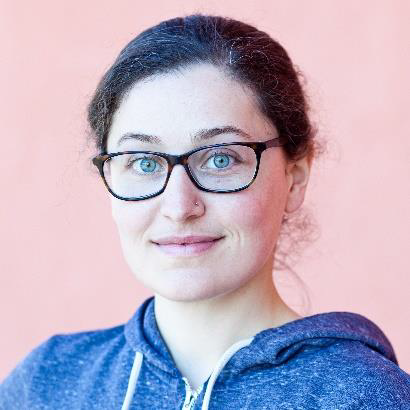 |
3: Valerie Ambros Department of Computer Science Valerie studied Bio- and Neuroscience in Münster, Berlin and Uppsala. She has been a doctoral candidate at the Chair of Gender Studies in STEM (ger: MINT) since 2018. In her project she analysis the negative impact of stereotypes and their influence on brain activity. She is in the Ph.D. convent of the Faculty of Engineering since early 2021 and now wants to represent the doctoral candidates on the level of the Senate as well. |
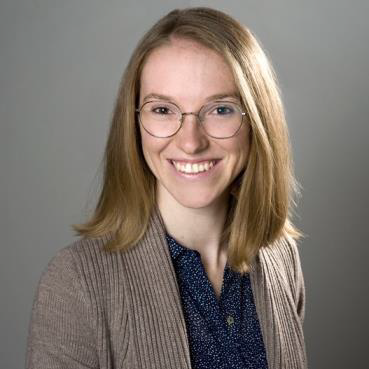 |
4: Elisabeth Lichtenberg Institut of Biology III Elisabeth Lichtenberg studied biology in Freiburg and started her doctorate in October 2020 at the Institute for Biology in molecular genetics working on RNA metabolism in Cyanobacteria. During her masters she was an active member of the student body of the Faculty of Biology. As member of the Senate, she wants to advocate the concerns and needs of doctoral candidates, especially in science. |
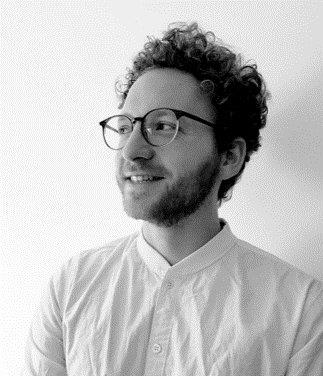 |
5: Leonard Frank Institute for Environmental Social Sciences and Geography Leonard started his doctorate in 2020 at the Faculty of Environment and Natural Resources, working on the governance of sustainability transitions in European agriculture. He returned to Freiburg for his doctoral studies, and is a member of the doctoral convent and faculty council at the Faculty of Environment and Natural Resources. He has extensive experience in student representation at the University Freiburg as well as other universities. Leonard is looking forward to strengthening the viewpoint of doctoral candidates in the Senate and wants to contribute to the representation of early career researchers. |
If you have any questions about the election and committee work, the senators are available to you by email: senat.gaa@mail.uni-freiburg.de


